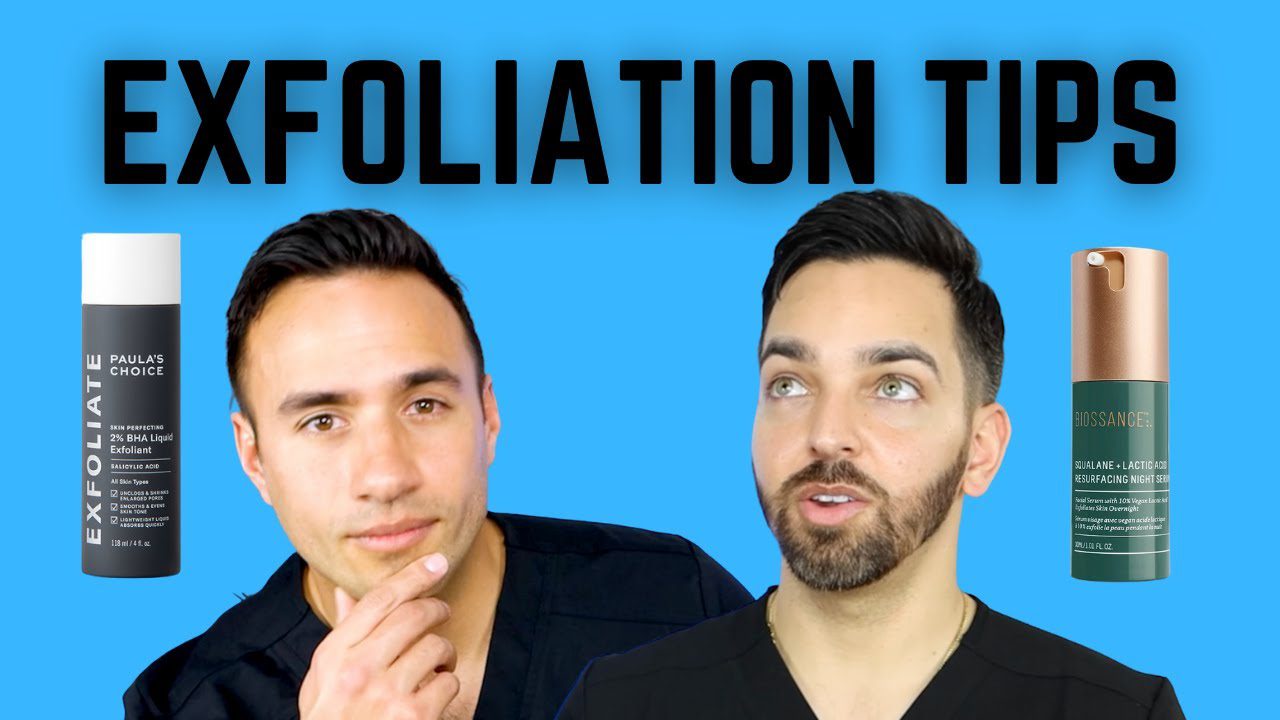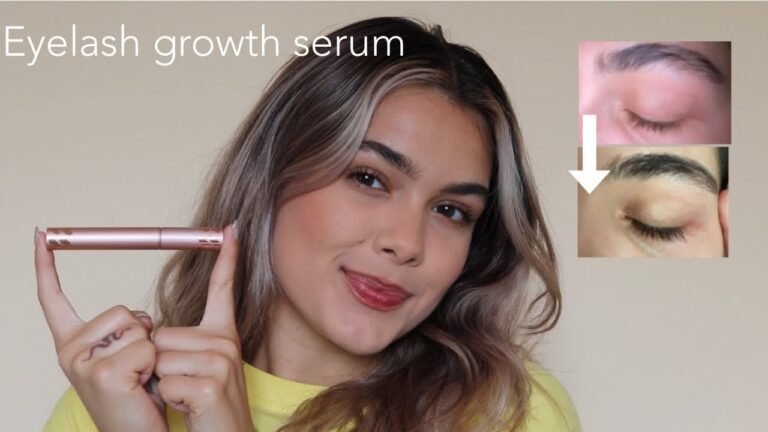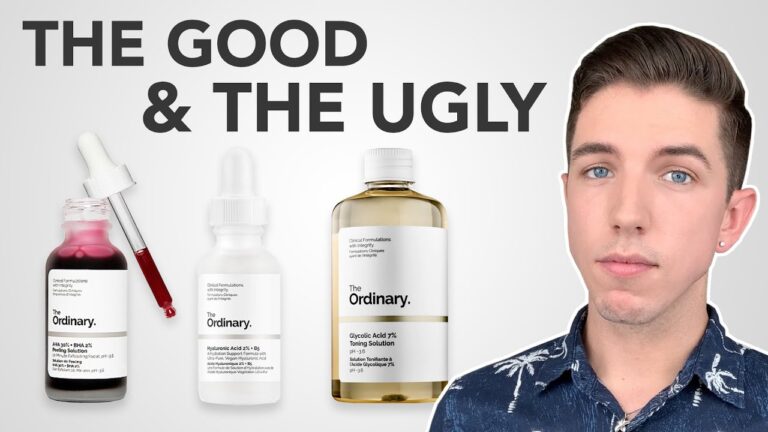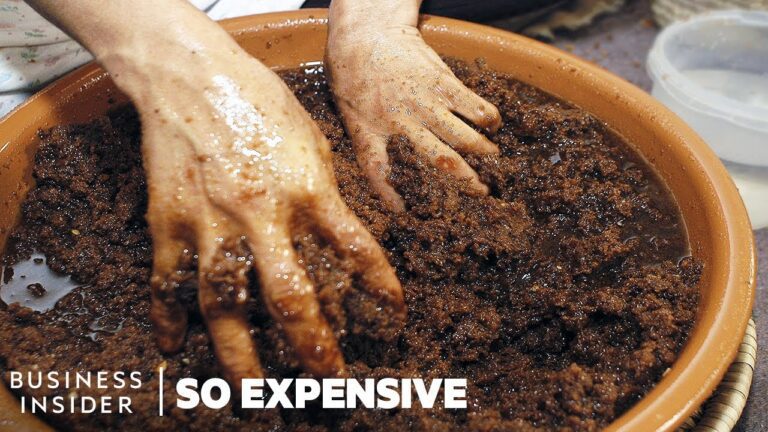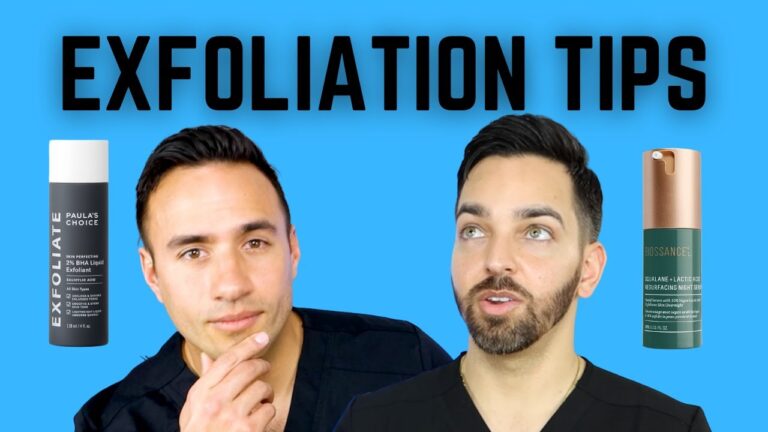7 Amazing Skin Exfoliators to Get Rid of Dead Skin Cells Effectively
If you want to achieve radiant, glowing skin that looks and feels healthy, exfoliation should be a regular part of your skin care routine. Skin exfoliators are products designed to remove dead skin cells from the surface of your skin, leaving it smoother, brighter and more even-toned. Exfoliating regularly can also help prevent breakouts, reduce the appearance of fine lines, and improve the overall texture and appearance of your skin.
The Importance of Skin Exfoliation
Our skin naturally sheds dead skin cells, but this process can slow down as we age. When dead skin cells build up on the surface of the skin, they can cause the skin to look dull and rough. Exfoliating can help speed up the process of shedding dead skin cells, revealing the fresh, healthy skin underneath.
Exfoliation can also help improve the effectiveness of other skin care products you use. When dead skin cells build up on the surface of the skin, they can block the absorption of moisturizers and other products. By removing these dead skin cells with an exfoliator, your skin will be better able to absorb the other products you use, resulting in more noticeable benefits.
Types of Skin Exfoliators
There are two main types of skin exfoliators: physical exfoliators and chemical exfoliators.
Physical Exfoliators
Physical exfoliators use particles or beads to physically scrub away dead skin cells. These can come in the form of scrubs or brushes, and can be made with a variety of materials such as sugar, salt, or ground-up nut shells. St. Ives Apricot Scrub is a popular physical exfoliator that uses ground-up apricot kernels to exfoliate.
Physical exfoliators can be too harsh for some skin types, particularly if you have sensitive skin. Over-exfoliating with a physical exfoliator can also cause damage to the skin barrier, which can lead to irritation, inflammation, and redness.
Chemical Exfoliators
Chemical exfoliators use acids or enzymes to dissolve dead skin cells. These can come in the form of toners, serums, or masks. Common chemical exfoliants include alpha-hydroxy acids (AHAs) such as glycolic acid and lactic acid, and beta-hydroxy acids (BHAs) such as salicylic acid. The Ordinary AHA 30% + BHA 2% Peeling Solution is a popular chemical exfoliant that uses a combination of AHAs and BHAs to exfoliate.
Chemical exfoliators can be gentler on the skin than physical exfoliators, but they can still be too strong for some skin types. It’s important to start slowly and patch-test before using a chemical exfoliator, especially if you have sensitive skin.
How Often Should You Exfoliate?
How often you should exfoliate depends on your skin type and the exfoliator you’re using. If you have sensitive skin, you may only need to exfoliate once a week or even less frequently. If you have oily skin, you may be able to exfoliate more frequently without irritation.
As a general rule, it’s a good idea to start with gentle exfoliation once or twice a week and adjust based on how your skin responds. Be gentle when you’re exfoliating and avoid scrubbing too hard or too often, as this can damage the skin.
Conclusion
Exfoliating regularly can help keep your skin looking and feeling its best, but it’s important to choose the right exfoliator for your skin type and be gentle when you’re using it. Whether you prefer physical exfoliators or chemical exfoliators, incorporating a gentle exfoliating product into your skin care routine can help improve the texture and appearance of your skin over time.
Contents
Most searched products:
Does Sephora Support Israel? Answering Your Questions
The Ultimate Guide to Azealic Acid: Benefits, Uses, and Side Effects
Discover the Benefits of The Ordinary Botox for Your Skin
How Long Does Glycolic Acid Take to Show Results: Your Ultimate Guide
The Perfect Order: When to Use Retinol and Niacinamide in Your Skincare Routine
Say Goodbye to B.O with Glycolic Acid Deodorant: The Secret to Long-Lasting Freshness
The Ultimate Reviews of The Ordinary Peeling Solution
Unlock Glowing Skin with These Ordinary Exfoliation Techniques
Unleashing Honest UKLash Reviews: The Real Truth Exposed
Lipophilic: Understanding the Importance and Properties of Lipophilic Molecules

